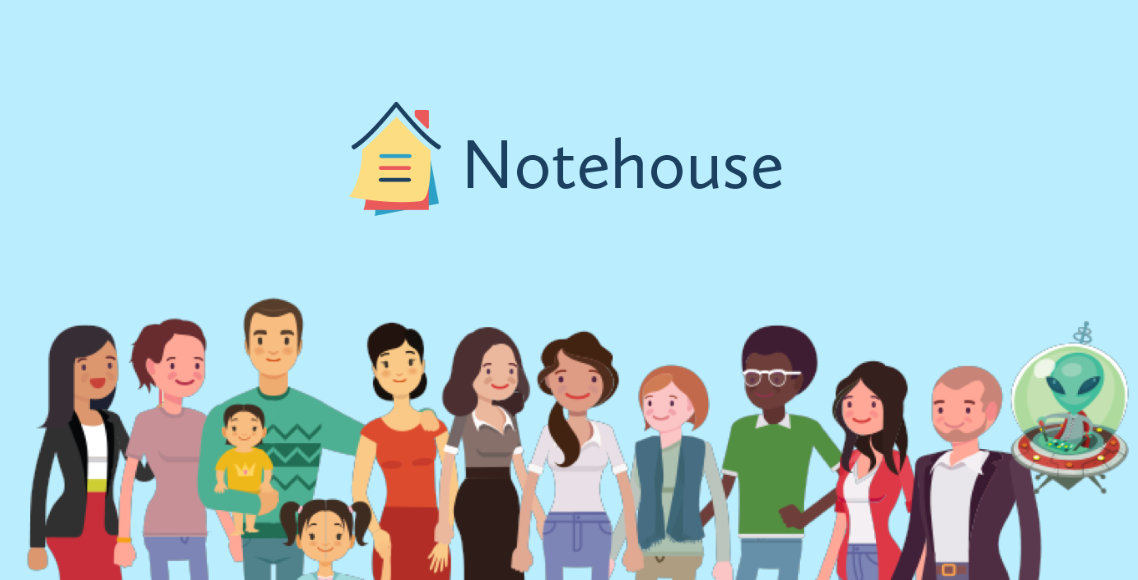4 Ways to Reduce Social Worker Stress
.png.png)
Social work is a rewarding and meaningful career option, but it can also be emotionally taxing. Studies show that 75% of social workers are concerned about burnout, and 56% feel emotionally exhausted each day. Stress and anxiety are common in the field, often pushing social workers to seek unhealthy coping mechanisms that can take a serious toll on their health and well-being over time.
Fortunately, you don’t have to let stress rule your day at work! Here are four ways to fight social worker stress and support your clients while protecting your best life both on and off the clock. Follow these steps to develop better workflows and build healthy habits in your career.
Get Organized
One of the best ways to reduce social worker stress is by making sure your environment doesn’t contribute to a hectic day. Not only does this apply to your physical office, but also your digital workspace. Research shows that disorganization and clutter cause stress while making people feel overwhelmed. It’s also easier to lose track of tasks and messages when faced with digital clutter, potentially causing you to miss meetings or fall behind in your work.
Develop processes to get organized and stay organized as a social worker. This could mean taking an “inbox zero” approach to messaging or investing in better note-taking software to keep up with your cases.
You might be surprised at how your stress levels drop when you sit at an organized desk with a clean inbox each morning. You’ll be sure you didn’t forget anything and always be on top of your tasks.
Practice a Healthy Work-Life Balance
Overworking has significant physical and mental effects that harm your health. Putting in long hours causes you to lose sleep, miss healthy meals, and reduce your time spent exercising or spending time with loved ones. It also makes you less sharp during the day because your body hasn’t had time to rest and prepare to work again.
Effective social workers know how to step away from the office. They set a time each day to turn off their phones and avoid working on weekends. Developing these healthy habits can help you improve your personal relationships and physical health.
Good organization can also help you adopt a schedule with a better work-life balance. The right tools can help you cut back on time spent searching for documents each day. A few minutes saved each hour add up, and you might find that tasks take less time when you eliminate the period spent searching for folders. You can find more time for yourself when you work smarter, not harder.
Take an Honest Look at Your Finances
Developing a career as an independent social worker is exciting and empowering—but it can also be expensive! You might find yourself booking too many clients to cover your operating costs, and that’s a recipe for burnout. It’s time to look at your accounts and identify ways to cut back on spending so you can finally cap your client load.
Look into software tools you no longer use or duplicate tools that do that same thing, then cancel these subscriptions. You can also look into more affordable options that provide better services without costing as much. There are purpose-built platforms like Notehouse that are not only extremely efficient and easy to use, but they also reflect a price
Also, audit other expenses to see where you are overspending. For example, if you rent a coworking office but work from home or in the field most days, you might be able to give up that desk and save money.
Cutting back on costs will make your work more profitable so you don’t have to work as hard to pay the bills.
Learn How to Say No
Social work stress can build up when you overcommit with colleagues and take on too many clients at once. It’s perfectly understandable that you want to have a positive impact on the community by helping as many people as possible; however, sometimes you need to learn to just say “No!” to overscheduling.
Not only will saying no protect your health, but it will make you more effective as a social worker as well. You won’t be spread thin to the point where you neglect some of your clients. Instead, you can work meaningfully and support all the people in your professional life.
Embrace Work/Life Balance and Bust Social Work Stress
It’s impossible to overcome social work stress in one night. In reality, it might take weeks or months for you to develop healthy habits that make you more effective, but the end of the journey will be worth the effort. Keep these tips in mind to make your work life better so your home life is more enjoyable. Small steps, like leaving the office at the same time each day and utilizing tools to stay organized, can add up and have a big impact.
One step you can take today is to try Notehouse. See how our software can help you save time and work more effectively. We designed our tools specifically for social workers and are eager to help you thrive in your career. Don’t let stress overwhelm you—get organized instead!
.png)

.png.png)
.png.png)
.png.png)